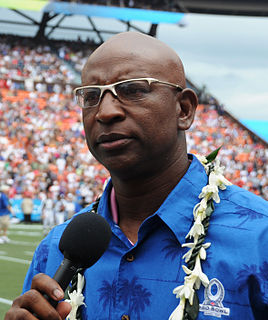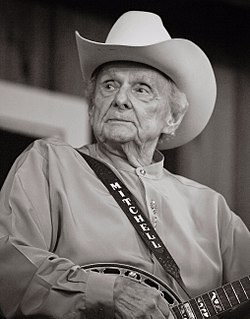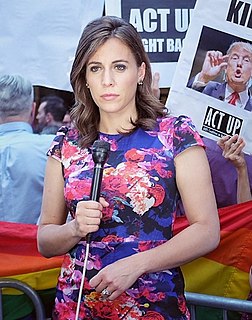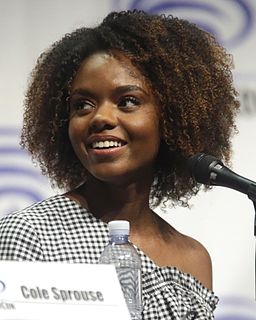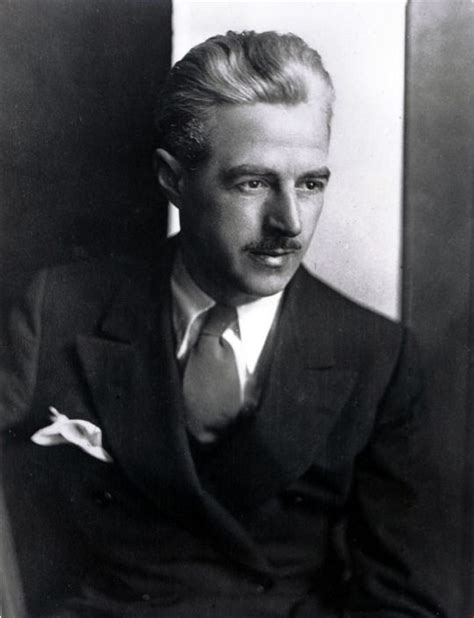A Quote by Sebastian Lelio
The idea behind 'Gloria' was to take a secondary character - the aunt, the mother - and stay with her as she becomes our protagonist.
Related Quotes
I was raised by my great-great aunt. I was adopted within our family. My mother had me when she was, I think, 15, 16. They tried to get her to have an abortion and she refused. So, my 'mama' adopted me, which was really her great aunt, which was really my great-great aunt, who was named Viola Dickerson. I was told that my mother was my sister.
My first banjo? My mother's sister, my aunt, lived about a mile from where we did, and she raised some hogs. And she had - her - the hog - the mother - they called the mother a sow - of a hog. And she had some pigs. Well, the pigs were real pretty, and I was going to high school and I was taking agriculture in school. And I sort of got a notion that I'd like to do that, raise some hogs. And so my aunt had this old banjo, and my mother told me, said, which do you want, the pig or a banjo? And each one of them's $5 each. I said, I'll just take the banjo.
When a homemaking aunt scolds a niece for following her evangelistic passion instead of domestic pursuits, her reply is interesting. First, she clarifies that God's individual call on her doesn't condemn those in more conventional roles. Then, she says she can no more ignore the cry of the lost than her aunt can the cry of her child.
My mother was the kind of person who was very much part of her tribe and very much a satellite of her tribe. She was the girl who left her family at the age of 17 and went to Washington. My mother was orphaned at three and then was brought up by my aunt Goldie. So, yes she belonged, but there was a part of her that didn't.
The idea of the book ["The Japanese Lover"] came in a conversation that I had with a friend walking in the streets of New York. We were talking about our mothers, and I was telling her how old my mother was, and she was telling me about her mother. Her mother was Jewish, and she said that she was in a retirement home and that she had had a friend for 40 years that was a Japanese gardener. This person had been very important in my friend's upbringing.
I was debating whether to do Legally Blonde, and I saw this interview with Gloria Steinem about how important Goldie Hawn's role in Private Benjamin was for women; by the end of the movie, the character socked her fiancé in the face at the altar because he didn't understand who she'd become through her journey. I was like, "I feel like Gloria Steinem told me to do Legally Blonde. That's how Elle Woods is too!"
Our mother always taught us to be in control of our voice and our bodies and our work, and she showed us that through her example. If she conjured up an idea, there was not one element of that idea that she was not going to have her hand in. She was not going to hand that over to someone. And I think it's been an interesting thing to navigate, especially watching you do the same in all aspects of your work: Society labels that a control freak, an obsessive woman, or someone who has an inability to trust her team or to empower other people to do the work, which is completely untrue.
If I say to my daughter, "Go say `hi' to Aunt Gertrude," there is a reason there. I'm teaching her manners. I think the idea that she'll say `hi' to Aunt Gertrude only if she wants to is the biggest crock of silliness I've ever heard. Yet I meet people everyday who were clearly brought up to think that if they didn't want to say "hi" to Aunt Gertrude, that was fine.
My mother is gay. She was married to my dad up until I was 9. She was just like, 'I'm tired of this. I'm just going to be with who I want to be with.' So I've been raised by women, through my mom and also my aunt. My aunt is bi, and most of her partners have been women. I was always surrounded by a very strong tribe of people.
Where was Mother Teresa's Jesus? He was in the Bible, in the church, in her prayer, in the Eucharist, in her sisters, in the heart of everyone she met, and especially in the poorest of the poor and the lowest of the low. Jesus was in disguise in each one of them. Jesus was behind the foundation of her order. Jesus was behind all that she did.
How shall I ever tell Aunt Shaw?' she whispered, after some time of delicious silence. 'Let me speak to her.' 'Oh, no! I owe it to her, - but what will she say?' 'I can guess. Her first exclamation will be, "That man!" ' 'Hush!' said Margaret, 'or I shall try and show you your mother's indignant tones as she says, "That woman!"
My mother is a big fan of precision, and tries her best to maintain it. Unfortunately, her own incompetence gets in the way. Dinner is served, except when a can won't open. That's the way she is: fine unless something goes wrong and that minor obstacle becomes a huge wall she can't scale. She becomes helpless whenever things don't go smoothly, or exactly as she imagined them.

